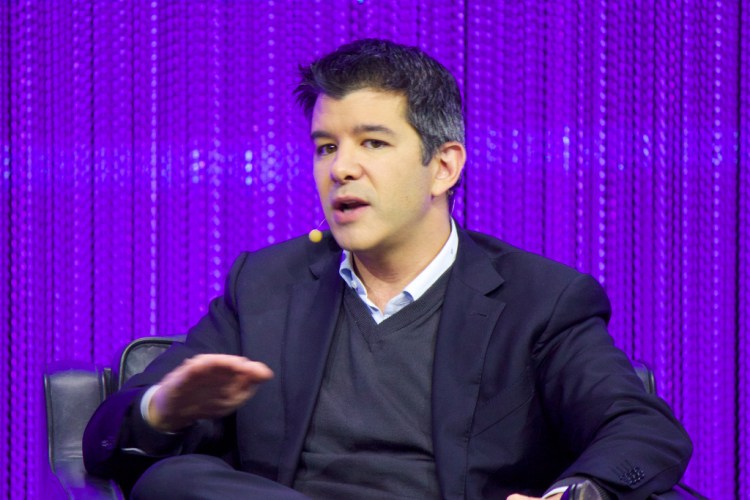Uber’s global regulatory challenges took an unwelcome turn today when its CEO was indicted in South Korea on charges the company is breaking public transportation laws.
According to Reuters, the Seoul Central District Prosecutor’s Office handed down an indictment against Uber chief executive Travis Kalanick as well as the company’s local subsidiary.
It appears Uber may have run afoul of South Korean law, which requires individuals or agencies to obtain state licenses to provide transportation services, according to the Wall Street Journal. The penalty can include up to two years in jail and a fine up to $18,140, the Journal says.
Of course, it seems unlikely Kalanick will travel to South Korea anytime soon with such charges pending or that he will ever actually face the prospect of jail time. Still, the filing of criminal charges provides a kind of symbolic capstone to Uber’s wild year in which it seemed to make headlines on a daily basis.
On the plus side, the company raised more than $3.6 billion and engaged in an epic global expansion that saw it accelerate far past any of its Silicon Valley competitors. Safe to say, Uber went from hot Bay Area startup to globally recognized brand.
But its damn-the-torpedoes approach meant that it also faced constant regulatory backlash in too many jurisdictions to count. The company is facing bans in several European countries, a handful of U.S. cities, and in India following rape charges filed against one of its drivers there.
There may be no better example of how many confrontations Uber is simultaneously facing than the apology issued today by its Sydney team. Even as Uber scrambles to respond to the South Korea criminal charges, the company was saying it was sorry for elevating the prices of rides during Sydney’s recent hostage scare.
“The events of last week in Sydney were upsetting for the whole community and we are truly sorry for any concern that our process may have added,” the company wrote on its blog. “It’s unfortunate that the perception is that Uber did something against the interests of the public. We certainly did not intend to. We will learn from this incident and improve as a result of this lesson.”
Perhaps the biggest question Uber faces in 2015 is whether this avalanche of bad publicity will do anything to stop its fantastic growth. As 2014 closes, it certainly hasn’t yet.
Source: Reuters; Wall Street Journal


